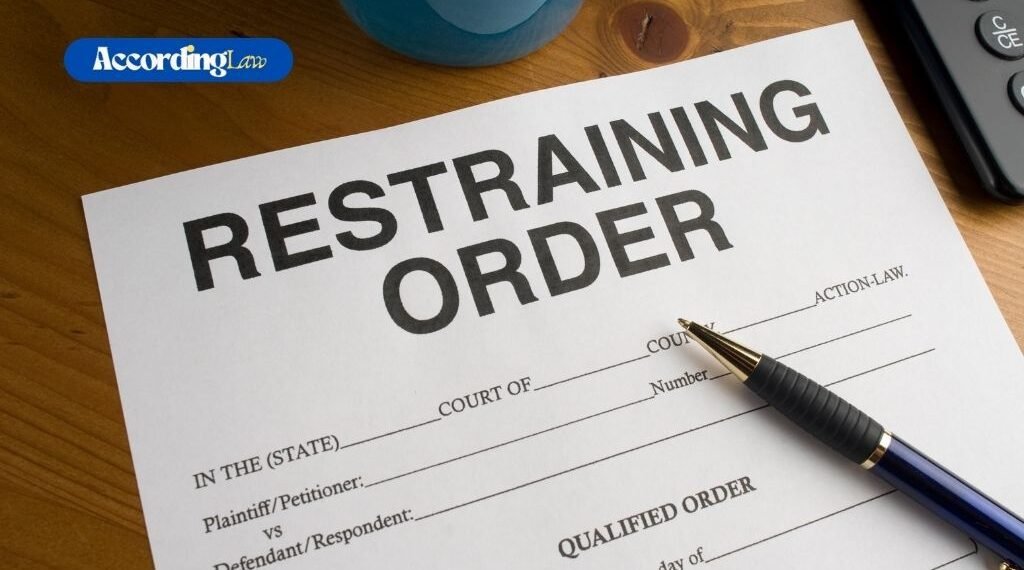Alabama is a state known for its rich history, friendly people, and varied landscapes that go from the Appalachian Mountains in the north to the Gulf Coast beaches in the south. Its cultural traditions, lively cities, and strong community values make it a special place to live and visit.
However, just like anywhere else, residents may sometimes face challenging personal or legal situations that require protection. In such cases, understanding the laws surrounding a restraining order in Alabama is important. These legal orders aim to ensure safety and prevent further harm, providing individuals with the protection they require during challenging times.
By learning the basics of restraining orders, individuals can better understand how they work, who can request them, and what rights and responsibilities come along with them. This knowledge is key to ensuring personal safety and navigating legal situations with confidence.
Table of Contents
Understanding Restraining Orders
A restraining order, also known as a protective order, is a legal document issued by a court to safeguard an individual from harm or harassment. In Alabama, particularly in cases involving family members, romantic partners, or former spouses, a restraining order establishes clear legal boundaries.
It might require someone to stay away from your home, workplace, or school. It could also prohibit contact through phone calls, texts, emails, or social media. Violating one is serious and can lead to criminal charges, fines, or even jail time.
Who Can File for One?
In Alabama, the Protection from Abuse (PFA) order can be requested in various types of relationships.
The idea is to provide protection in situations where there is a risk of abuse, harassment, or stalking.
What Proof Do You Need?
Many people wonder if they need significant evidence to obtain a restraining order. The good news is that the standard of proof is lower than that required in criminal trials. Courts understand that abuse or threats do not always leave behind neat stacks of paperwork or videos.
Consequently, the more evidence you can provide, the stronger your case will be. Therefore, collect useful records, including:
Even your own testimony matters. Judges often look at patterns of behavior, not just one single event.
How Long Do They Last?
Restraining orders in Alabama can vary in duration. Temporary orders may be granted quickly to provide immediate protection, often without the other party present at the initial hearing. These last until a full court hearing is scheduled.
At the hearing, the judge decides whether to extend the order into something longer-term. Depending on the circumstances, a final PFA order can last for months or even years.
What Happens If It’s Violated?
Violating a restraining order is not just a “slap on the wrist.” In Alabama, it is treated as a criminal offense whose consequences can include:
For the protected person, this enforcement is what makes restraining orders significant. They are not merely pieces of paper; they hold real legal authority.
Why Legal Help Matters
While it is possible to petition for a restraining order on your own, having an experienced attorney on your side can make the process smoother. Lawyers can help gather evidence, prepare your testimony, and represent you in court. On the flip side, if you have had a restraining order filed against you, it is equally important to understand your rights and build a defense.
Key takeaways
Conclusion
Dealing with abuse, harassment, or threats is never easy; however, understanding how restraining orders work can empower you to take steps toward safety. Whether it is filing for protection or knowing what to expect in court, the basics covered here can help you feel more prepared. If you or someone you know is considering a restraining order, do not wait to seek help. Legal protection is available, and with the right guidance, you can take back control of your safety and well-being.


